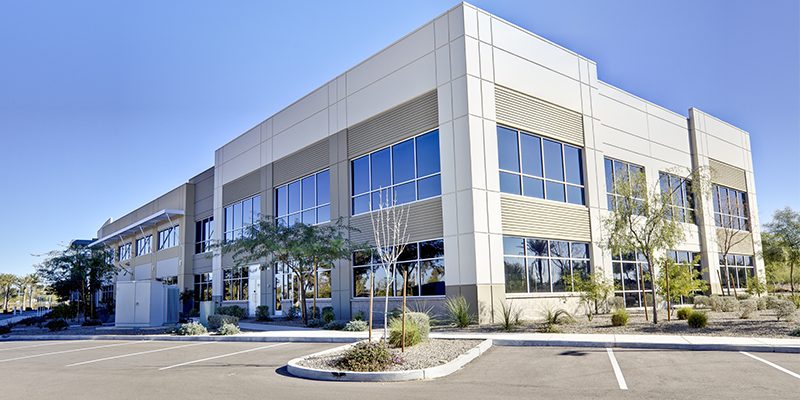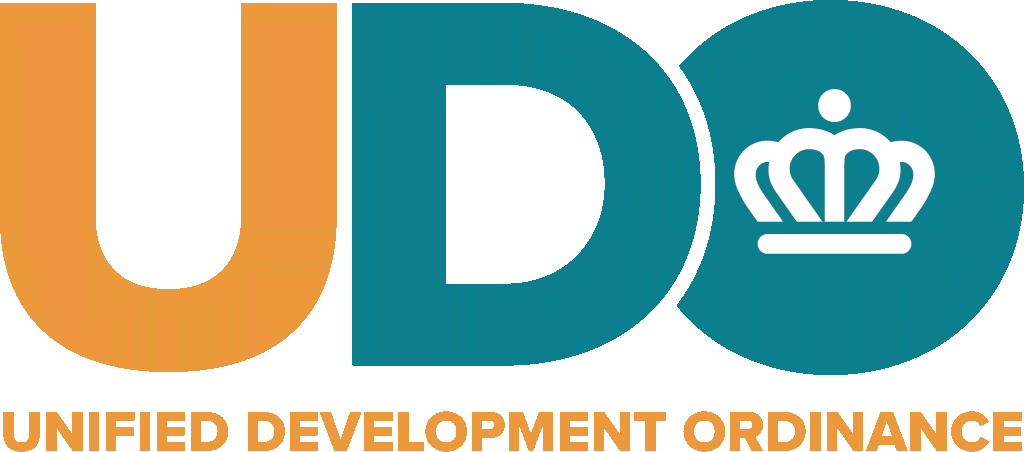Members from NAIOP’s three chapters in North Carolina traveled to Raleigh last week to advance the priorities of the commercial real estate development industry in meetings with state lawmakers. The top priority for NAIOP of North Carolina, the state alliance of NAIOP chapters, is the passage and enactment of House Bill 291, permit reform legislation sponsored by State Representative Jeff Zenger.
Local building permits are an essential and fundamental requirement for the development and improvement of commercial and residential properties. However, the processes for obtaining these permits can vary by city and county in North Carolina. These variations lead to uncertainties and delays in projects moving forward, which can impact the costs, financing and contractional relationships with contractors and providers of construction equipment and materials.













